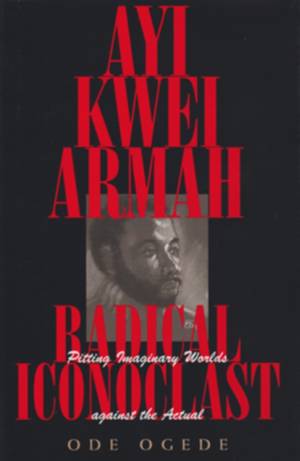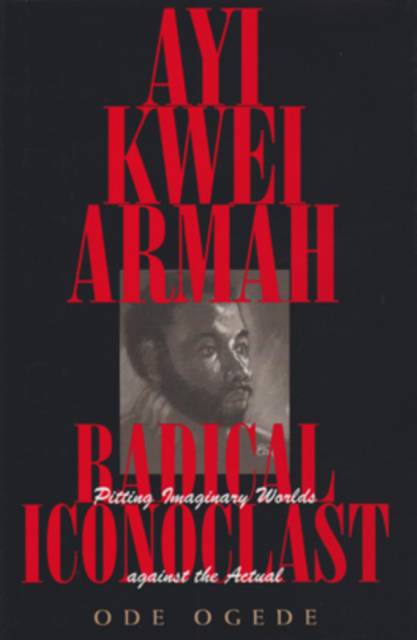
- Afhalen na 1 uur in een winkel met voorraad
- Gratis thuislevering in België vanaf € 30
- Ruim aanbod met 7 miljoen producten
- Afhalen na 1 uur in een winkel met voorraad
- Gratis thuislevering in België vanaf € 30
- Ruim aanbod met 7 miljoen producten
Ayi Kwei Armah, Radical Iconoclast
Pitting the Imaginary Worlds Against the Actual
Ode OgedeOmschrijving
Ghanaian novelist, essayist, and short-story writer Ayi Kwei Armah has won international recognition as one of Africa's most articulate writers. In this book, Ode Ogede argues that previous critics have misinterpreted the aesthetic and literary influences that have shaped Armah's artistic vision and overlooked his most significant and valuable contribution to the problems of writing "outside the prison-house of conventional English."
Professor Ogede situates Armah's writing within its cultural, historical, and political contexts and examines Armah's ability to create new literary forms based on his masterful manipulation of African oral traditions. Armah is presented here as a writer who looks beyond the corruption that would seem to have engulfed Africa and who successfully bridges the concerns of first- and second-generation postcolonial African writers.
Specificaties
Betrokkenen
- Auteur(s):
- Uitgeverij:
Inhoud
- Aantal bladzijden:
- 221
- Taal:
- Engels
Eigenschappen
- Productcode (EAN):
- 9780821413524
- Verschijningsdatum:
- 15/12/2000
- Uitvoering:
- Hardcover
- Formaat:
- Genaaid
- Afmetingen:
- 159 mm x 237 mm
- Gewicht:
- 526 g

Alleen bij Standaard Boekhandel
Beoordelingen
We publiceren alleen reviews die voldoen aan de voorwaarden voor reviews. Bekijk onze voorwaarden voor reviews.












